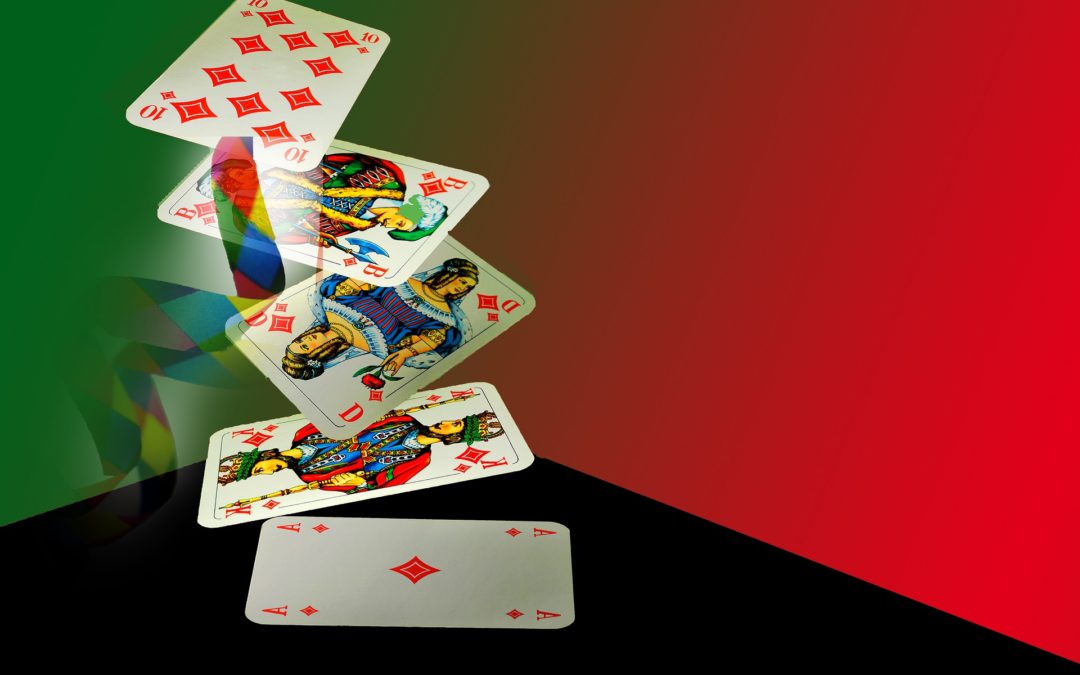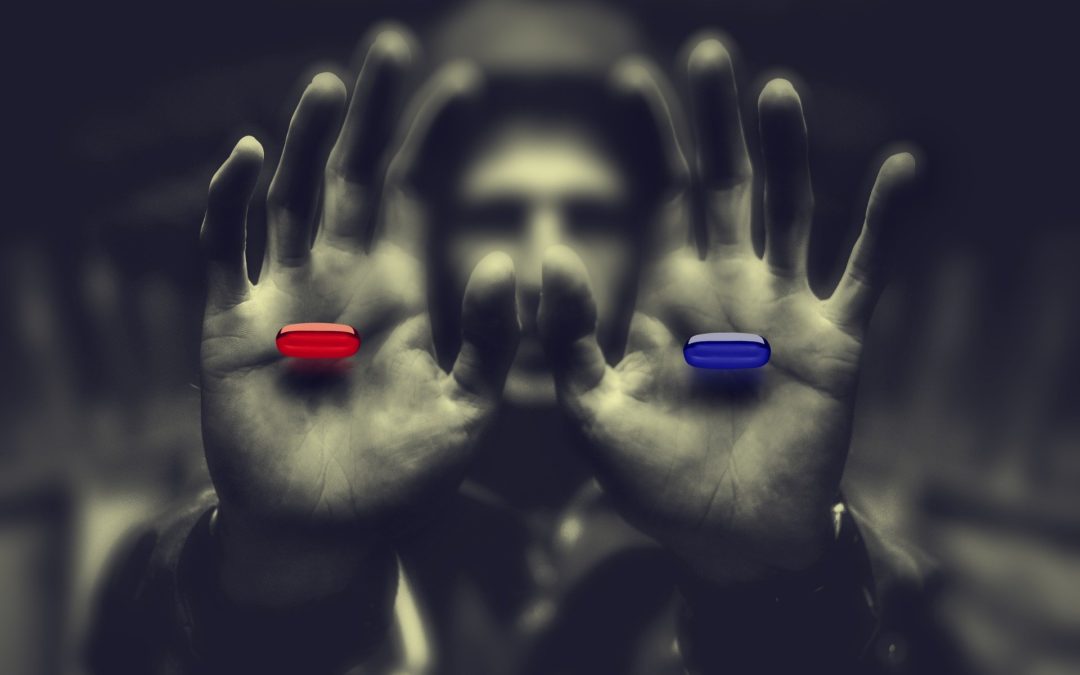
LET’S PRETEND THAT
Summer: time for travel, craving for levity.
I propose a surreal quiz to laugh with each other. Are you ready to imagine?
Let’s pretend that …
you are traveling with people who make you feel good, whether family or friends.
First question: where are you going?
You are chatting about the last movie you saw while you are driving, but you feel a little tired. You see a motorway café, you stop and say: “I need a coffee, I’ll be right back.”
Twenty minutes later you aren’t back yet, so whoever was with you comes in looking for you and what do they see?
You singing standing on the counter like the girls from Coyote Ugly

but this is Italy, there are no microphones in the motorway cafés and you are holding a Rustic sandwich with ham, tomato, mozzarella salad and mayonnaise.
Second question: what are you singing?
Since you have been discovered, you invite them to join you.
Assumption 1:
They catch up with you and start singing with you in the Top Gun style.

Assumption 2:
someone decides to bite the Rustic sandwich
Assumption 3:
they look at you dumbfounded and after the first moment when they are like salt statues they react by asking what the heck you are doing
Let’s pretend that …
you have to give an explanation: what happened after the coffee?




 Hi I'm Claudia and this is KCDC.
Hi I'm Claudia and this is KCDC.





LATEST COMMENTS